The idea was this: there’s a family — us. The father (Mr. Pettersen), the wife, and the daughter. One day, Mr. Pettersen and his wife got into a car accident. She didn’t survive. The neighbor ended up alone with two kids — us and Mia.
slowly, the neighbor (our father) began losing his mind. He turned to religion. The house became filled with religious symbols and restrictions. The kids had less and less freedom. There was more violence, and a deep dive into grief — not working through it, but covering it up. Religion here isn't portrayed as inherently evil; it’s more like alcoholism — a coping mechanism taken to the extreme.
Eventually, our sister couldn’t take it anymore and ran away. She wanted us to come with her, but we were too scared. She promised she’d find help and come back. But weeks went by, and she never returned. She just disappeared.
That’s when our father fully lost his grip on reality. He started locking me in the basement to "protect me from evil spirits", convinced that they had taken our sister.
One rare moment, we managed to sneak out of the house. In the backyard, we saw something horrifying — a literal wooden cross and a mound of dirt. Our father had stolen our mother’s body from the cemetery and reburied her in the yard. And next to it — another mound, but unmarked and unclear.
We lived like this for about half a month. Things got worse. He became even more violent — didn’t feed us, constantly threatened us, terrifying us every day.
Finally, we ran away. We were in full panic mode, terrified. That’s when our teacher — someone who hadn’t seen us in a long time — found us. She took us to the police.
Everything came out. They dug up the yard. The body was indeed our mother. And the second mound… it was our sister. Whether he killed her or found her dead remains unknown.
We grew up. Got our own lives. But we never got any real help for the trauma. Mental health support wasn’t what it is today. We developed gambling addictions, anxiety disorders. Eventually, we lost our apartment and had no choice but to return to the old house. We couldn’t sell it — the history was too much.
That’s where it starts to resemble Alpha 2 (Hello Neighbor). We open the basement... and black out from a panic attack.
GAMEPLAY STARTS:
We wake up in the house across the street. We watch as the father takes a child (us) and locks them in the basement. From this point, we become the rescuer — a metaphorical role.
The house is nearly identical to how it used to be, but now it’s filled with surreal elements, twisted logic, and religious traps. We sneak into the basement, which has now become endless — a labyrinth filled with our fears and trauma. The neighbor is lurking.
Eventually, we find ourselves deep within — the child version — but we can’t touch them.
Then music starts playing. The same music we heard when we ran away years ago. And then... it appears. A being — a monstrous shadow from a nightmare, seemingly made of darkness itself.
It destroys the room. The objects around it cast shadows that don’t match — like a chair casting the shadow of an apple. The room transforms into a dark, otherworldly space.
We run.
Before reaching the exit, the shadow nearly catches us — but our father appears, trying to save us. The shadow absorbs him instead, becoming stronger. (The symbolic meaning here is that the father tried to protect us from the fear of our mother’s death — but instead, he created a worse nightmare.)
A huge chase follows.
We escape to the backyard. We watch ourselves running. The house collapses.
We wake up.
Consciousness returns. The basement door is closed. We try to live normally again… but we sleep terribly. We’ve even covered the door with wallpaper and a wardrobe.
But eventually… we snap. We open the basement again.
And behind it...
A street. An empty lot.
We realize we’re still dreaming. We never woke up.
A storm starts. It pulls us in and throws us back.
A house grows in front of us — the house from Act 3, massive, towering.
The basement door is there again. Blocked.
We never woke up. We never confronted the fear— we ran away from it.
(Just like in real life — our gambling addiction and panic.)
This time, we face our fears.
All of them.
Nightmares, but presented in cooler, more symbolic ways. Each section is a portal — to a cemetery, a water tower, a school, a police station. We overcome them one by one and make it to the basement.
It’s silent.
No one is following us.
Just memories. Bright, happy ones.
And then... the creature returns.
But it’s not chasing us now — it’s chasing our past self.
We run with our younger self, trying to save them. The creature is stronger than ever.
FINAL ACT:
We burst through a door into a surreal treehouse. A bridge leads to a gigantic house.
We cross it — a final chase begins.
We use everything we’ve learned — the powers, the wisdom from overcoming the past — to help our younger self escape. We descend. We run.
Finally, we break free.
We get into a car — the teacher’s car.
We’re driving away from the nightmare, from the monster… but it’s grown enormous.
Then — we see our house.
In panic, we crash into a pole.
Hard.
BACK TO REALITY:
We crashed from a panic attack. Almost died.
We get flashes — an ambulance, a hospital…
And then —
The ending.
Open. Undefined.
Moral -
Unprocessed grief destroys
The father, unable to cope with his wife’s death, descends into madness, replacing healthy mourning with religious fanaticism and violence. This illustrates how suppressed pain can distort reality and ruin the lives of those around us.
Running from trauma is an illusion
The protagonist spent years escaping their past through gambling, denial, and repression. But the nightmare kept returning because fear cannot simply be "locked in the basement." Until trauma is confronted and processed, it will always haunt you.
Religion (or any ideology) as escapism
The father used faith not for solace, but as a way to avoid pain. This doesn’t make religion inherently evil it’s merely a tool that, in his hands, became destructive. Any refuge from reality can turn toxic if it replaces living.
The cycle of abuse and victims
The father, broken by grief, became a tormentor to his children. The protagonist, failing to heal, repeats this cycle—their panic attacks and self-destruction are another form of escape that only harms them further.
Salvation lies in acceptance and confrontation
The final act is a metaphor for therapy: to break free, you must face the monster (fear) head-on, relive it, and reframe it. Only then can the cycle be broken.
The pain you ignore becomes your prison. Freedom isn’t found in escape but in turning around and facing the fear.

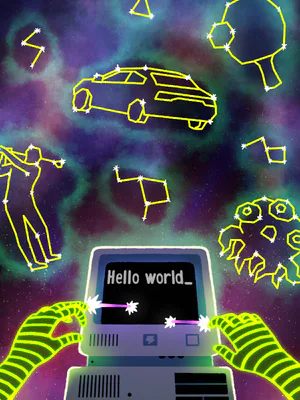
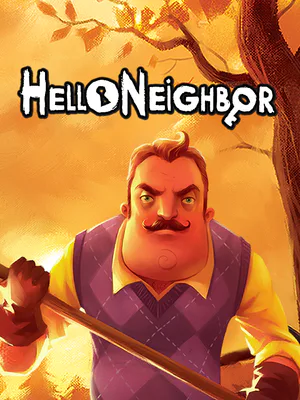

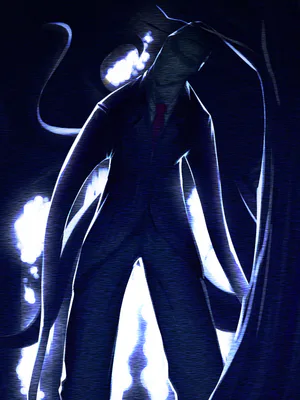
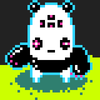
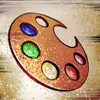



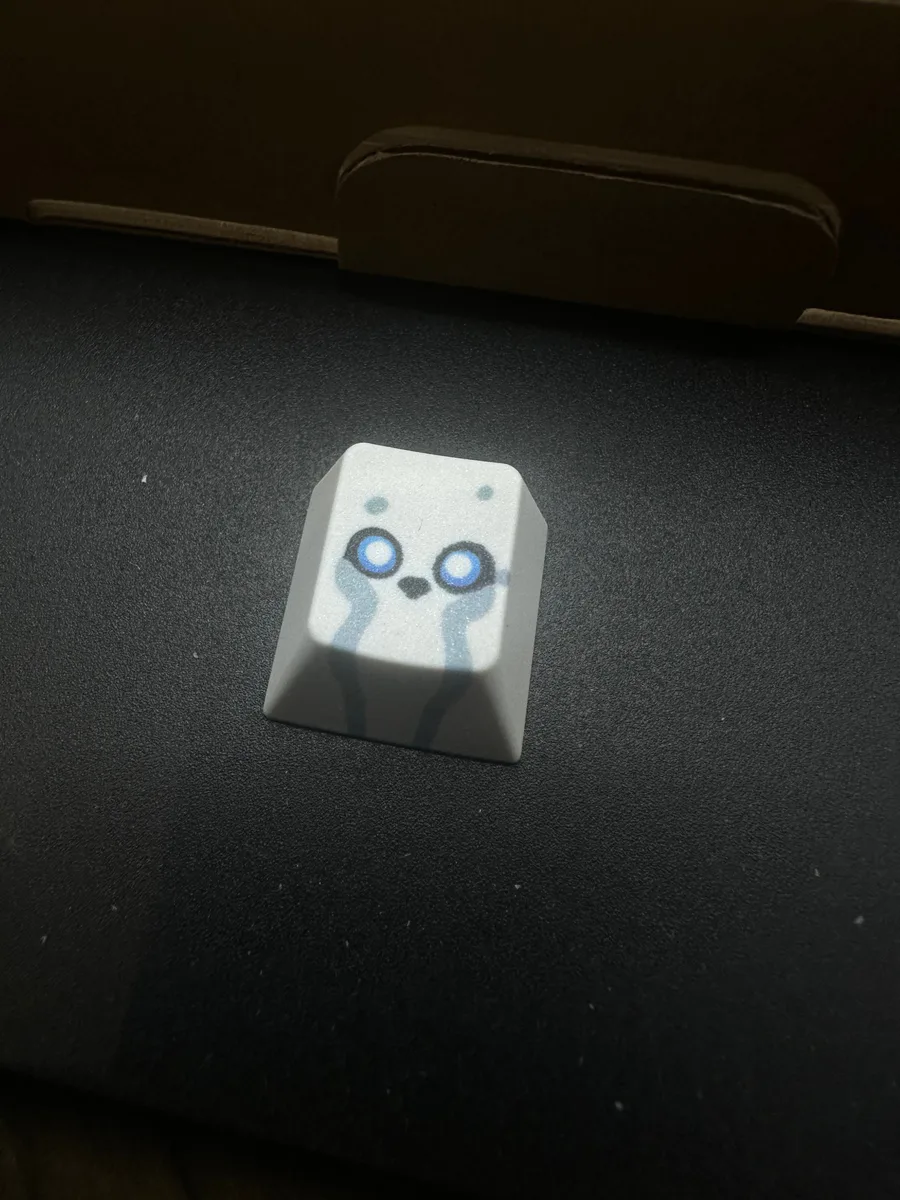
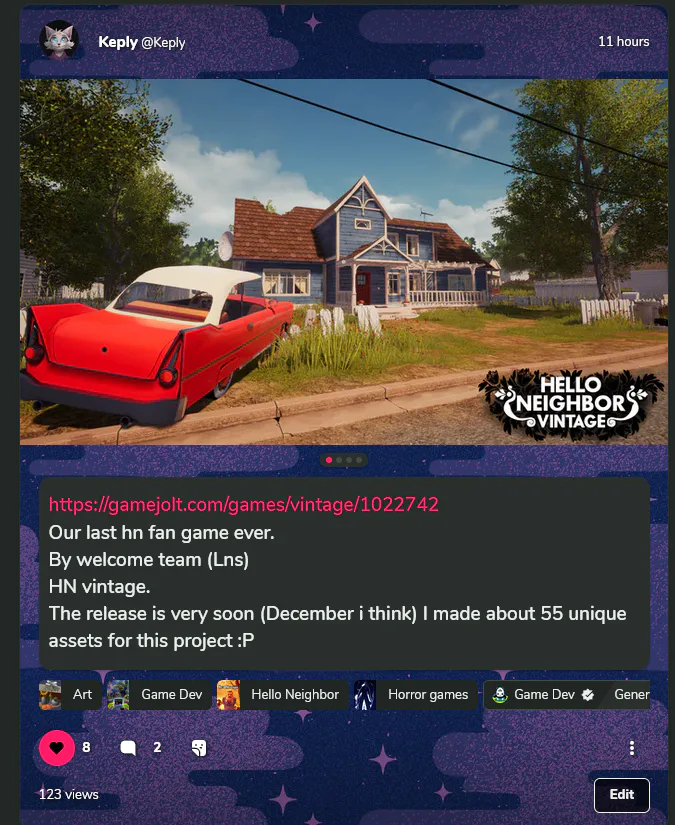
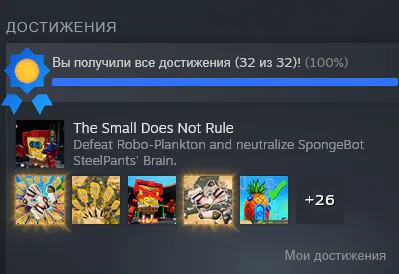


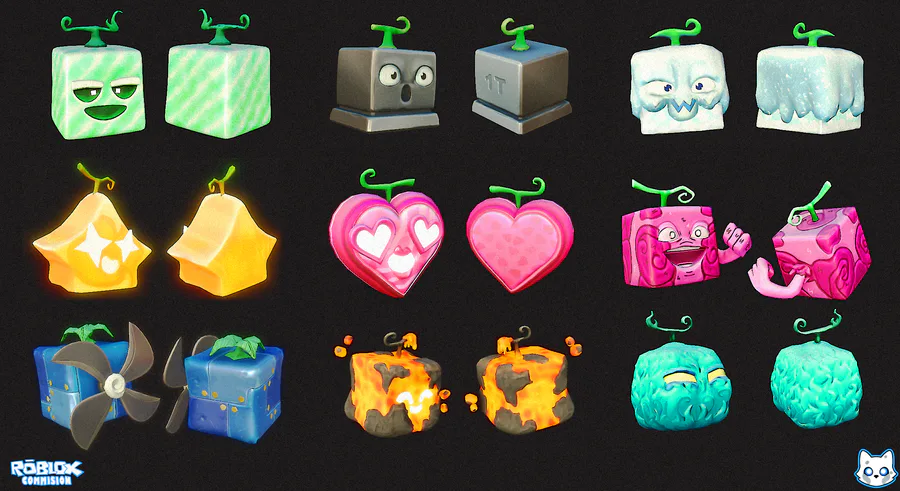
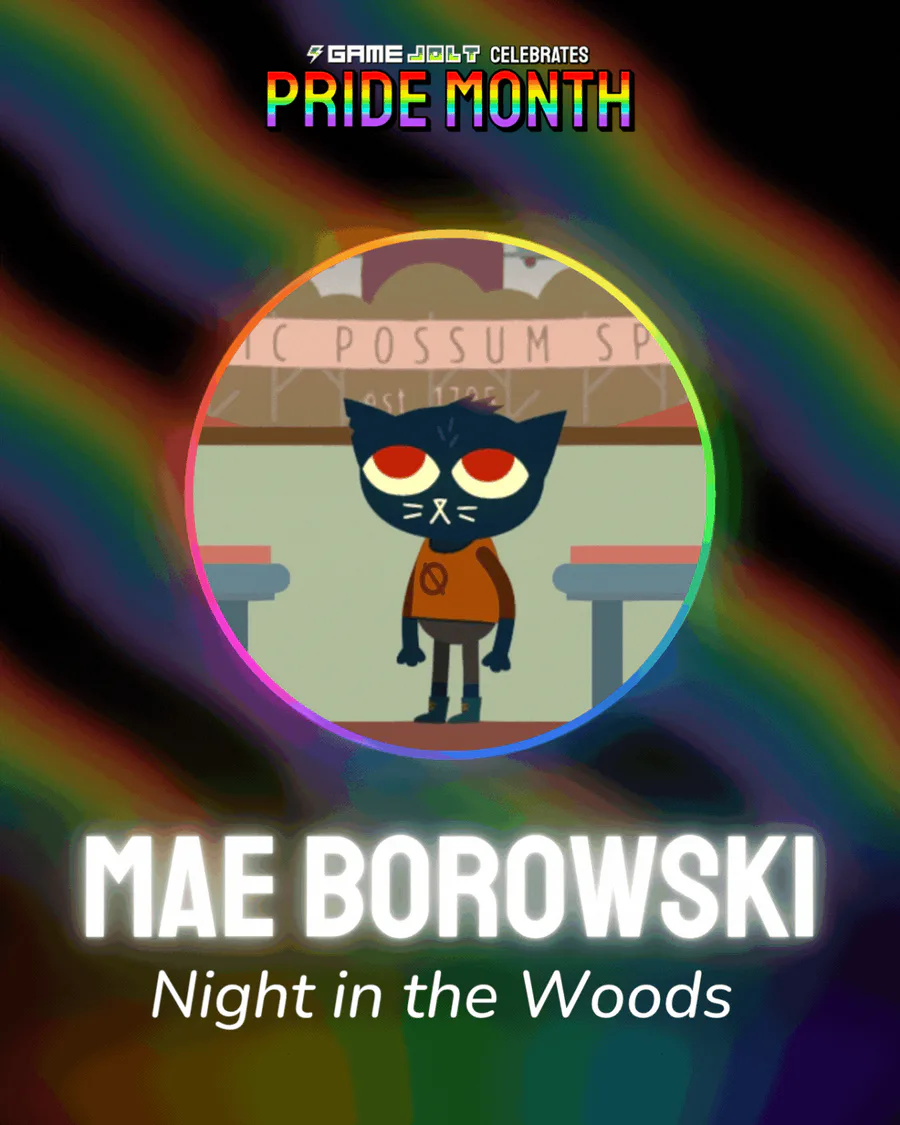
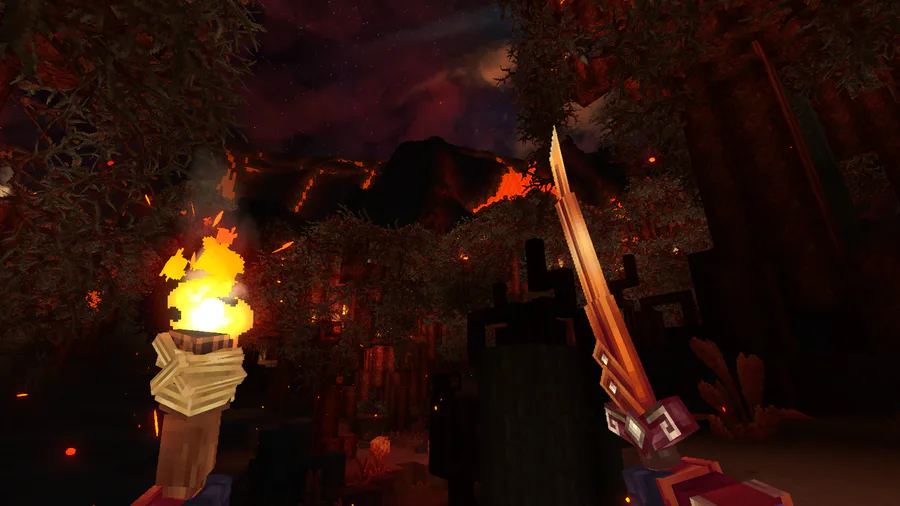
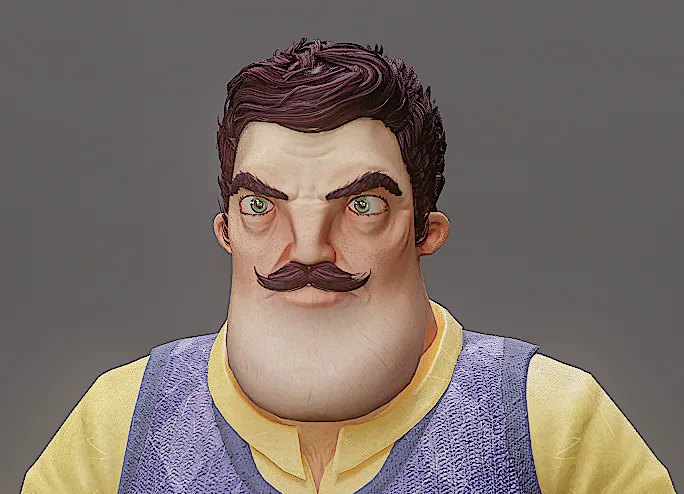
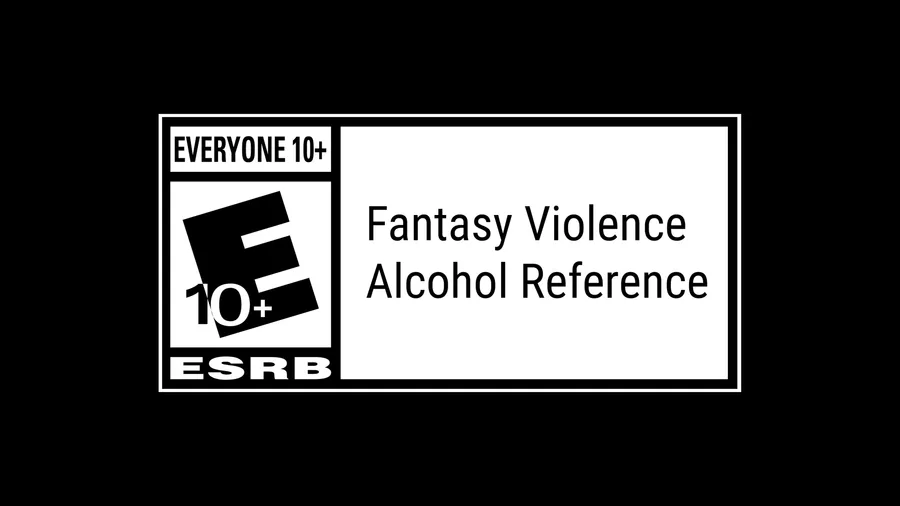
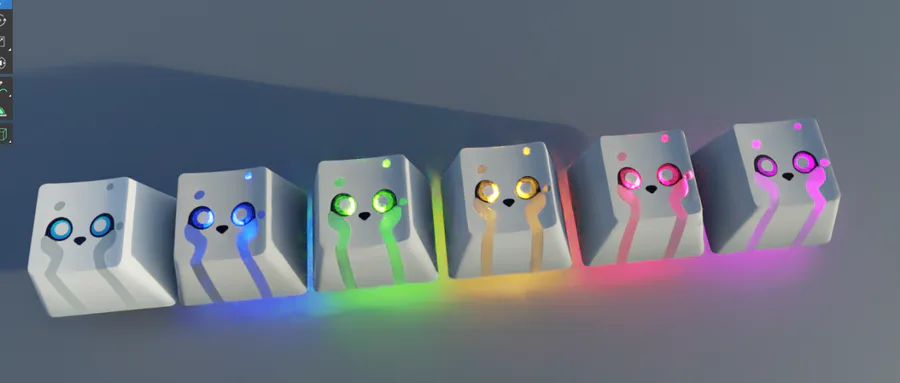

2 comments